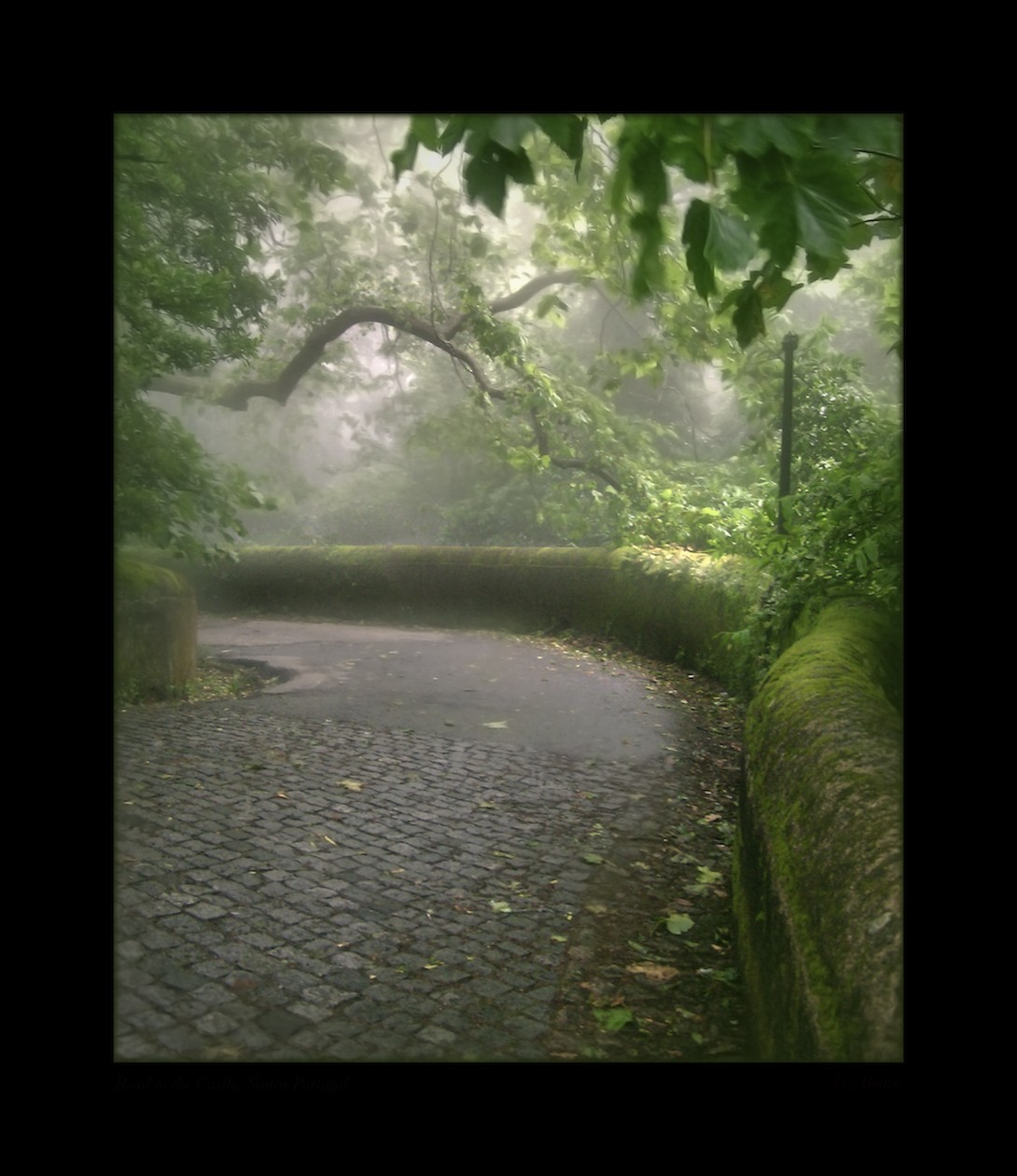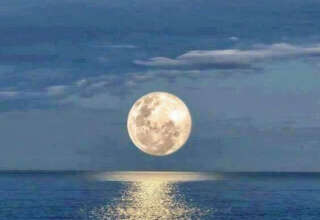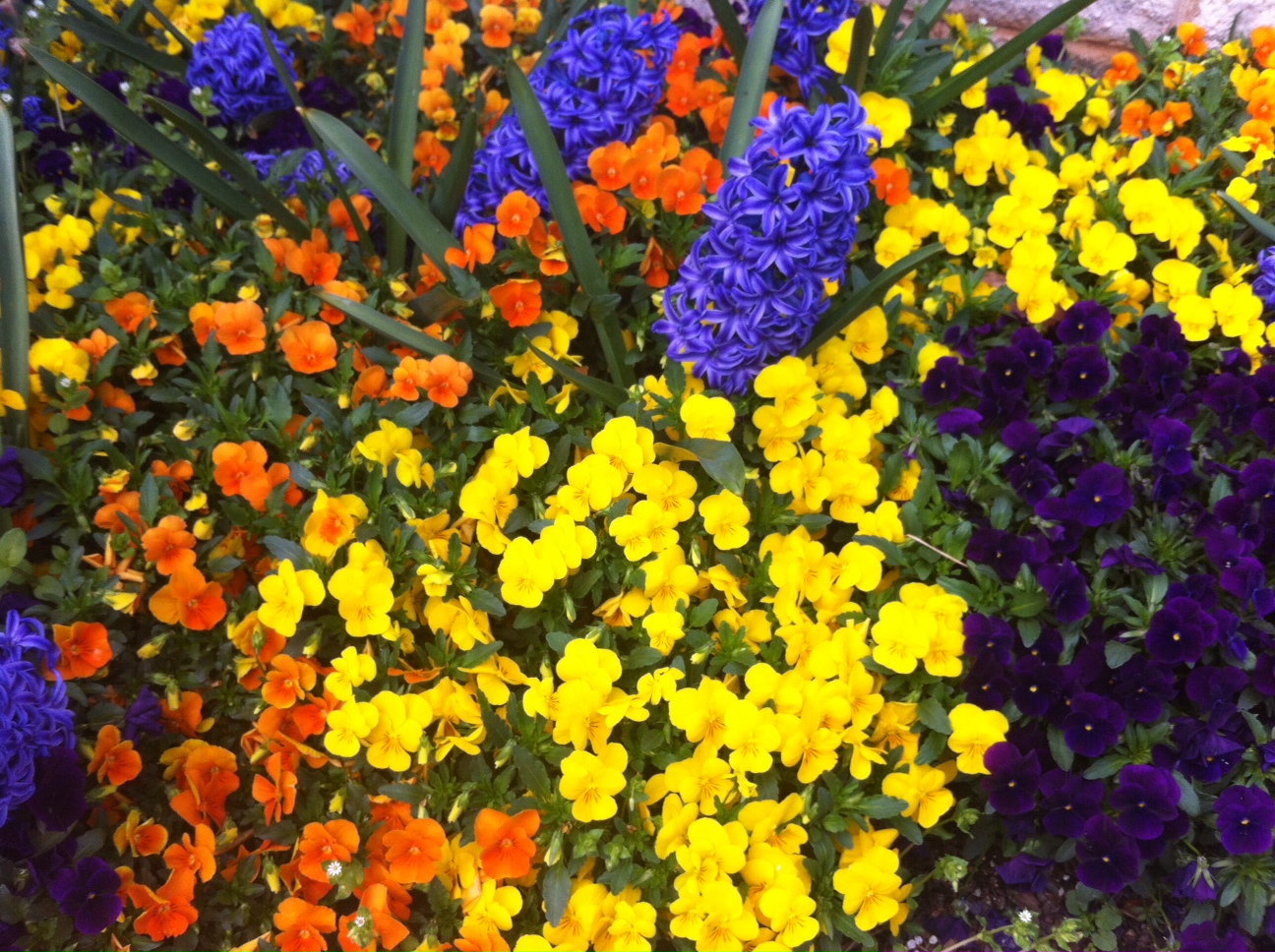
This latter point is important and timely. Does the assessment of Wisdom get upturned under conditions of stress? Under normal (non-stressed) conditions, we might tend to value not just the experiences and expertise of those with credentials, but the “everyday” and “off-the-shelf” experiences of a man or woman who is not formally educated or does not have much direct experience. We can turn with interest and respect to the “down to earth” wisdom of a humorist like Will Rogers or the medicinal recommendations of a South American herbalist. We can be very “democratic” and open-minded in our valuing of this person: he or she may attain this status as a result of some “native” intelligence or unique experience in the field. What kind of experience seems to be important when things are going well? We tend to value both breadth and depth of experience. We look for wisdom in not just the specialist, but also someone who has “seen it all”—meaning that he or she has not remained in one place for many years, doing only one thing repeatedly. Twenty years of experience is not always assigned much validity if this person has learned everything in one year and simply repetitively enacted this year of experience for twenty years. What does all of this mean: there are many different ways to assign credibility to the wisdom being offered by many different people.
Then along comes the virus. We tend to regress under these stressful conditions and become much more authoritarian (and less democratic and open-minded) in our assessment of Wisdom. We want to see the diploma from a prestigious institution or at least the white coat. No risk-taking is allowed. Nothing can go wrong. We need formal assurance that this person or institution is to be believed. There can be only one sun and its glow places everything else in a shadow. Conversely, we don’t trust the sun and look instead to the shadow—devoting full attention and commitment to the renegade perspective—especially if this perspective is informally ostracized or even legally forbidden. It is either/or rather than both/and when it comes to the assessment of wisdom during a time of crisis.
Wise/Golden Yellow Strategies
Strategies are critically needed during the COVID-19 era that yield collective wisdom in a community and help us build a comprehensive and useful map of the virus’s reality as a dynamic system. This map is needed if members of the community are to understand and appreciate a world of COVID-19 that is becoming increasingly complex, unpredictable and turbulent. In such a world, multiple interpretations can be offered regarding the nature, cause and course of the virus. Each of these interpretations may in some important way be considered valid. We must seek to understand and honor the diverse perspectives and resulting interpretations—this is part of the process of Wise appreciation.









